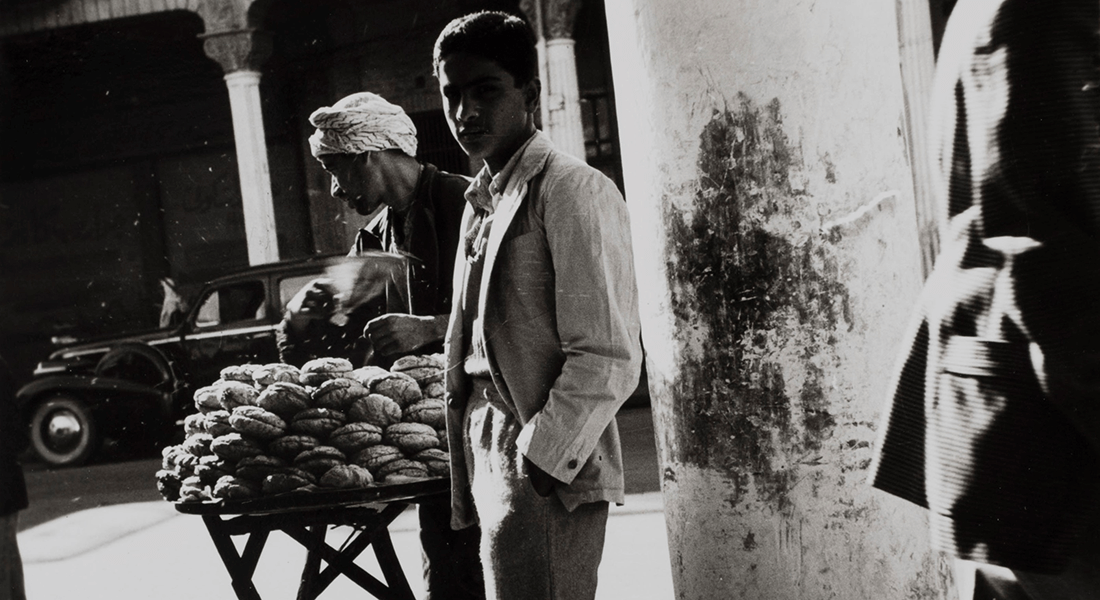Public lecture: Writing Architectural History from Below

The Architectural Formation of Modern Iraq
Prof. Huma Gupta will discuss her manuscript The Architecture of Dispossession, which examines the formation of the 20th century Iraqi state through its attempts to solve the paradoxical ‘problem’ of the migrant and their informal settlements. Much like early Sumerian city-states, the urbanization of modern Iraq was thus premised on regimes of ecological degradation and social hierarchies that supported the country’s shift to an industrialized, oil-based economy.
This lecture thus, argues that migrants who came to Baghdad during the Great Iraqi Migration, mostly from the south, formed an enduring urban underclass whose revolutionary potential catalyzed national architectural and planning projects that transformed the cultural, demographic, economic, and political future of Iraq.
Short bio of Huma Gupta
 Huma Gupta is an Assistant Professor in the Department of Architecture at MIT, where she is affiliated with the History, Theory & Criticism of Architecture group, the Aga Khan Program of Islamic Architecture and Urbanism, and the Leventhal Center for Advanced Urbanism.
Huma Gupta is an Assistant Professor in the Department of Architecture at MIT, where she is affiliated with the History, Theory & Criticism of Architecture group, the Aga Khan Program of Islamic Architecture and Urbanism, and the Leventhal Center for Advanced Urbanism.
Dr. Gupta is currently writing The Architecture of Dispossession, which theorizes the relationship between state-building and dispossession through architectural transformations of migrant reed and earth dwellings in 20th century Iraq. Her work as a spatial historian, urban and environmental policy expert, and filmmaker broadly focuses on the global south and she has practiced in Afghanistan, Iraq, India, Switzerland, Syria, and the United States.
|
The lecture is organized by the Research Group for Landscape Architecture and Urban History, University of Copenhagen. Contact: Svava Riesto and Henriette Steiner |
